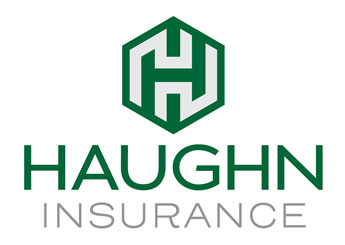
If you are a business owner, you might be under the impression that your only choice in the health insurance market is self-insurance. Though there are benefits to being self-insured, the commercial health insurance market is constantly changing premiums and it might not be your best bet – especially if you are a small business owner or a new business owner with an unsteady income. Read on to discover the differences between self-insurance and captive insurance as well as the pros and cons of each.
Tip: Download our Benefits Toolkit for free.
Self-Insurance
It is common, especially for small business owners, to pay for their own employees’ health care benefits out of pocket. In this context, self-insurance might be money set aside by the company in a savings fund, a loss fund, or it could be composed of the company’s after-tax funds.
Pros:
- A self-insured plan is financially efficient. You will save the capital you would spend paying the profit margin for a commercial insurance company.
- You’ll have greater clarity. As a business owner, you know exactly where your money is and for what purpose it will be used.
- Your employees pay for claims as they occur: this means they do not have to prepay their premium, so they (and you) save money.
Cons:
- You might have to pay more initially to have an internal insurance plan.
- Your company will have to set up self-insurance and choose administrators for claims.
- If employees incur exceptionally high claims or unexpected medical issues, you will be responsible for processing them.
Captive Health Insurance
Now’s the time to look into non-traditional group health plans. In short, captive health insurance resides in a subsidiary company of the parent company that is set up for one purpose only: to provide health insurance to the parent company’s employees.
Pros:
- Healthcare captives can be streamlined to meet your company’s needs: financial control are the key words here.
- You can pay smaller deductibles. If you have unearned premiums, you may also be able to take in income from these.
- You have flexibility with underwriting and funding depending on your needs – unlike commercial insurance.
Cons:
- It’s all up to you: You are taking on the responsibility of establishing and maintaining the subsidiary company. Therefore, it is your time, your money, and your employees that are at risk.
- You might have to hire new employees for administrative tasks related to the subsidiary company.
- Medical captive programs’ set-up costs might be more than you want to – or are able to – afford.
About Haughn & Associates
Founded by Michael Haughn in 1986, Haughn & Associates is a full-service, family-owned, independent insurance agency based out of Dublin, Ohio. H&A strives to provide the best possible price and unique insurance solutions across a myriad of industries, including construction, IT, Habitation & Commercial Property, Agriculture, and Engineering. Devoted to providing the best of business insurance, life and disability insurance, personal insurance, employee benefits, and bonds, H&A is proof that success lies in long-standing client relations and satisfaction. To learn more about how H&A can be of service to you, contact us at (877) 802-2278.

